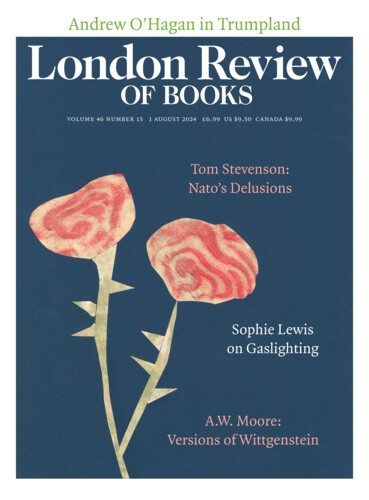Versions of Wittgenstein
A.W. Moore
Ludwig Wittgenstein’s Tractatus Logico-Philosophicus, the only book he published during his lifetime, is one of the greatest philosophical works of the 20th century. It might have been expected, when it first appeared in 1921, to have limited appeal. It is very much the work of a philosophers’ philosopher, forbiddingly technical in places and esoteric throughout. Yet it has gone...


